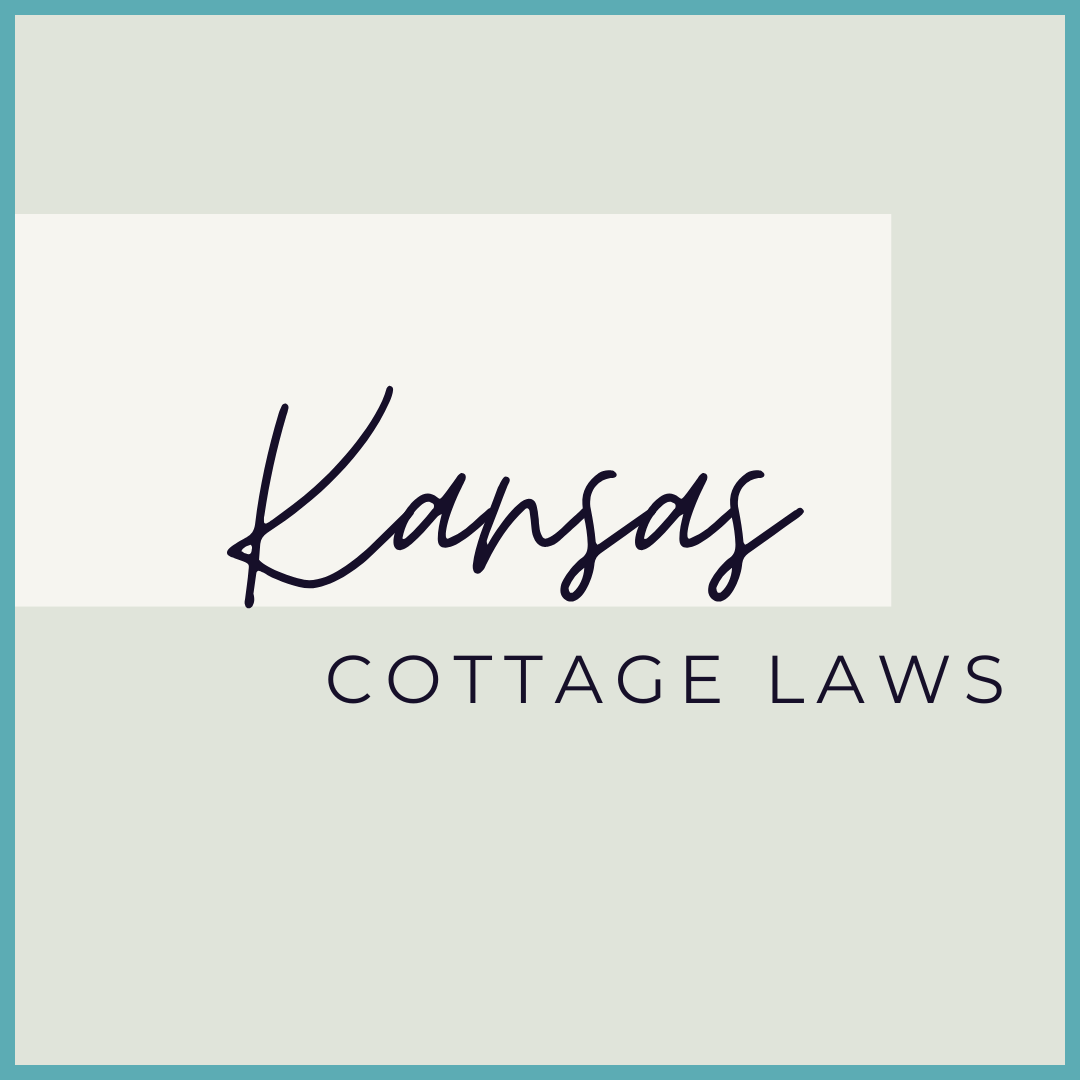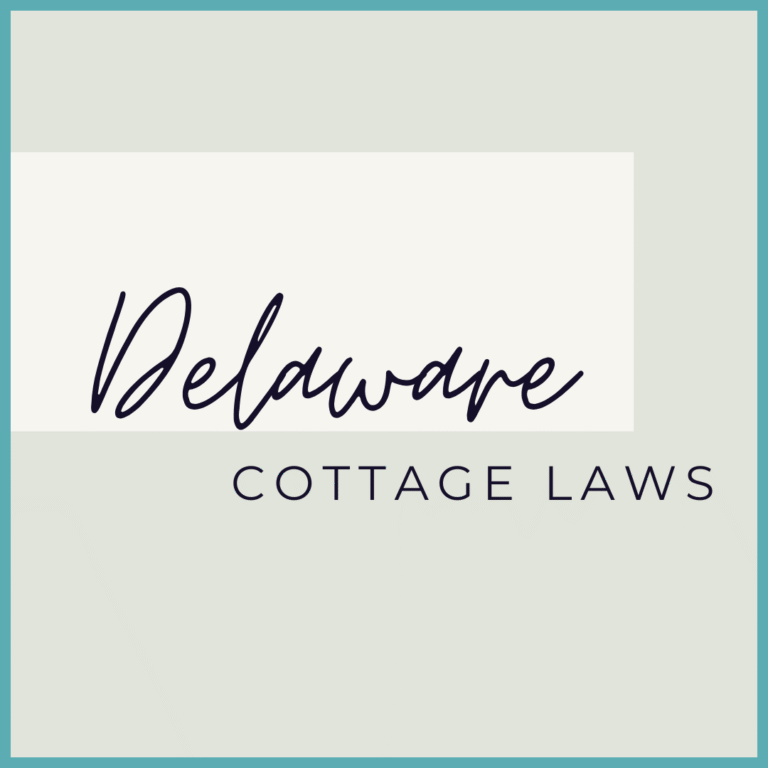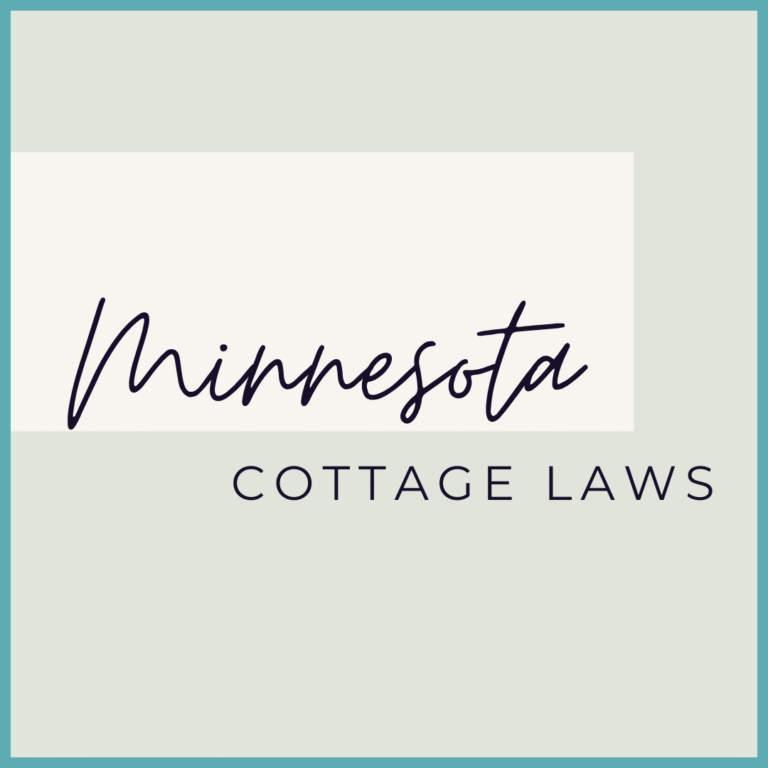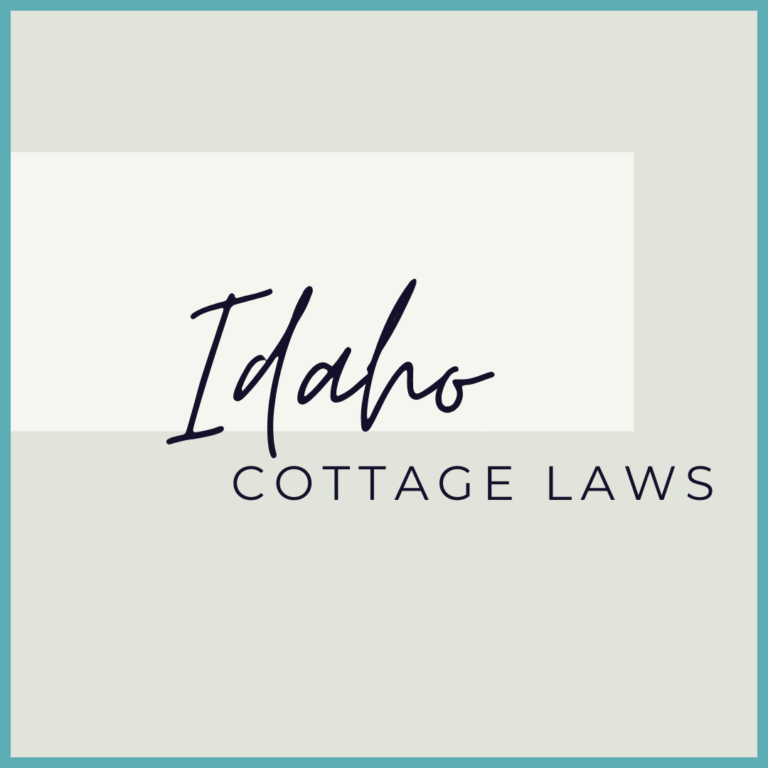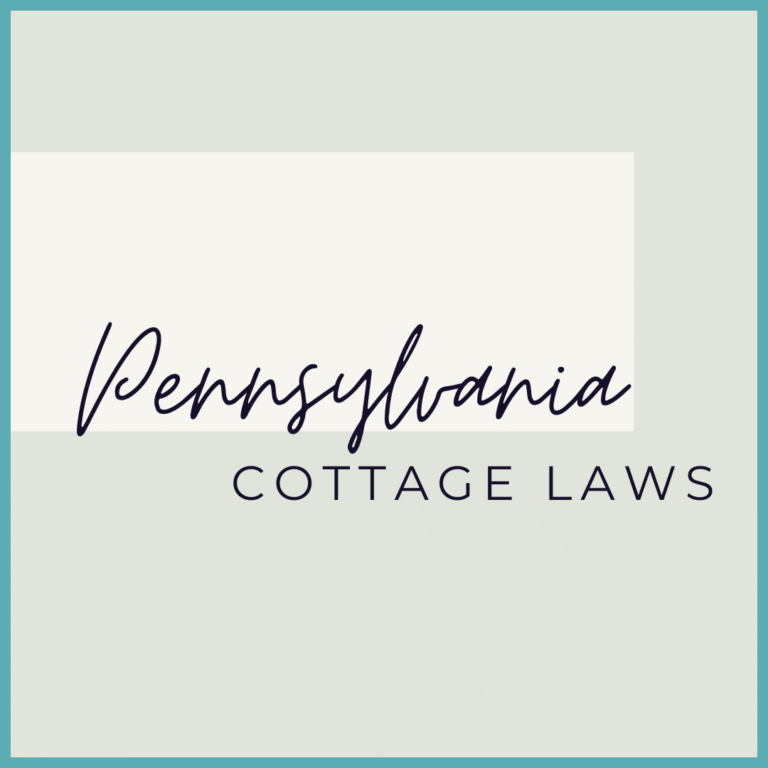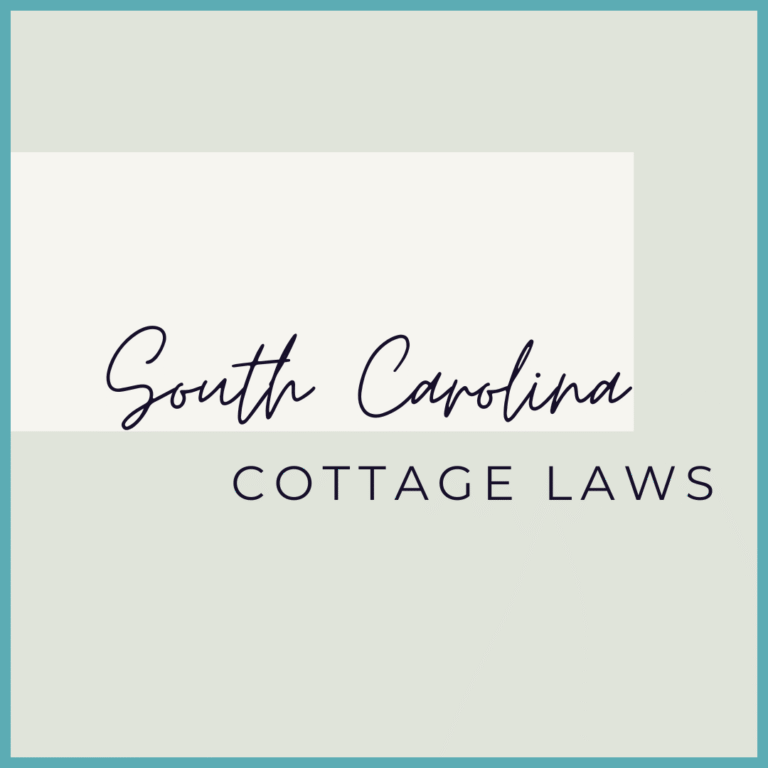Kansas Cottage Laws
Everything you need to know to start your home baking business legally in Kansas
Have you ever dreamed of turning your passion for baking into a business? Maybe friends and family are always asking for your famous cookies or requesting your homemade bread for special occasions. If you're in Kansas, you're in luck! The state has some of the most baker-friendly cottage food laws in the country.
The Best News First: Kansas is SUPER Baker-Friendly
Here's what makes Kansas amazing for home bakers:
- No license required to get started
- No sales limits – you can make as much money as you want
- No inspections of your home kitchen
- Wide variety of allowed foods
- You can sell online and ship to customers
Kansas has no limits set for annual sales, which means you can grow your business as big as you want without hitting a ceiling that forces you into commercial licensing.
What Can You Sell? (The Fun Stuff!)
Kansas allows you to sell a wonderful variety of baked goods and other foods from your home kitchen:
Baked Goods
- Cookies, cakes, and cupcakes
- Breads (including banana bread and zucchini bread)
- Muffins, scones, and biscuits
- Pies (fruit pies and cobblers)
- Brownies and bars
- Cinnamon rolls (with or without icing)
- Wedding cakes
Sweet Treats
- Hard candies and toffee
- Fudge and caramel
- Chocolate-covered items (pretzels, nuts, fruit)
- Granola and trail mix
Other Goodies
- Dry baking mixes (cookie mix, brownie mix)
- Fruit leathers and dried fruits
- Nuts and nut butters
- Spices and herb blends
- Honey products
- Jams and jellies
What You CAN'T Sell (The Safety Stuff)
Kansas draws the line at foods that could make people sick if not handled properly. You cannot sell:
- Anything that needs refrigeration (cream pies, cheesecake, cream-filled pastries)
- Fresh sandwiches or prepared meals
- Dairy products made from scratch
- Most canned vegetables or low-acid foods
- Cut melons or tomatoes
Products that require licensing can NOT be made in a regular home kitchen for safety reasons.
Labeling Requirements (Keep It Simple!)
Your homemade goodies need proper labels, but it's not complicated. Requirements for packaged food products include:
- Product name (what it is – “Chocolate Chip Cookies”)
- Your name and address (who made it and where)
- Ingredients list (in order by weight, most to least)
- Net weight or quantity (how much they're getting)
You don't need to add “homemade” or “not inspected” to your labels – Uninspected food products made in Kansas do NOT need to be labeled as “homemade” or other indication that they are not inspected.
Where Can You Sell?
This is where Kansas really shines! You can sell your cottage foods:
- Farmers markets
- Craft fairs and festivals
- Online (with shipping!)
- Roadside stands
- Directly to customers anywhere
- From your home
Indirect sales (via restaurants, stores, etc) are not allowed, so you can't wholesale to grocery stores or restaurants, but direct sales give you plenty of opportunities.
Getting Started: Your Simple Steps
- Get a Retail Sales Tax Certificate – Every business needs this for collecting sales tax
- Create your recipes using allowed ingredients
- Design simple labels with the required information
- Set up your selling venue (online store, farmers market booth, etc.)
- Start baking and selling!
No permits, no inspections, no waiting periods – you can literally start today if you want!
Food Safety Best Practices (Protect Your Customers)
Even though you don't need licensing, you still want to keep your customers safe:
- Keep everything clean – wash hands frequently, use clean utensils
- Store ingredients properly – keep things cool and dry
- Package foods to prevent contamination – use clean containers and wrapping
- Label allergens clearly – especially nuts, eggs, and wheat
- Follow good hygiene – clean clothes, tied-back hair, no pets in the kitchen during baking
Special Considerations
Selling Online and Shipping
Internet sales, including shipping, are also allowed under this license exemption, subject to the receiving states' requirements. This means you can ship your products, but you need to check the laws in the states where you're shipping.
Sampling at Markets
There is NO limit to the number of times per year that samples can be offered, so feel free to let customers try before they buy!
Income and Growth
Since Kansas has no sales limits, you can grow your cottage food business as large as you want. But as you grow, you may want to open and expand into wholesale and retail food sales by eventually getting commercial licensing.
Common Beginner Questions
Q: Do I need to get my kitchen inspected? A: Nope! Kansas doesn't require inspections for cottage food operations.
Q: Can I sell at multiple farmers markets? A: Absolutely! You can sell at as many locations as you want.
Q: What if I want to add meat to my products? A: Any products with meat require special licensing and inspection, so stick to traditional baked goods to stay in cottage food territory.
Q: Can I hire employees? A: You can have family members help, but if you start hiring non-family employees, you may need additional licensing.
The Bottom Line
Kansas cottage food laws are designed to help small entrepreneurs like you succeed. The state recognizes that homemade baked goods are generally safe and that people should have the freedom to start small food businesses without jumping through major regulatory hoops.
Whether you want to make a little extra money selling cookies at the local farmers market or build a thriving online bakery business, Kansas gives you the freedom to start small and grow at your own pace.
So dust off those mixing bowls, perfect your favorite recipes, and get ready to turn your baking passion into profit! The state of Kansas is ready to support your delicious dreams.
Always verify current regulations with the Kansas Department of Agriculture, as laws can change. For specific questions about your products or situation, contact KDA Food Safety and Lodging at 785-564-6767 or KDA.FSL@ks.gov.
